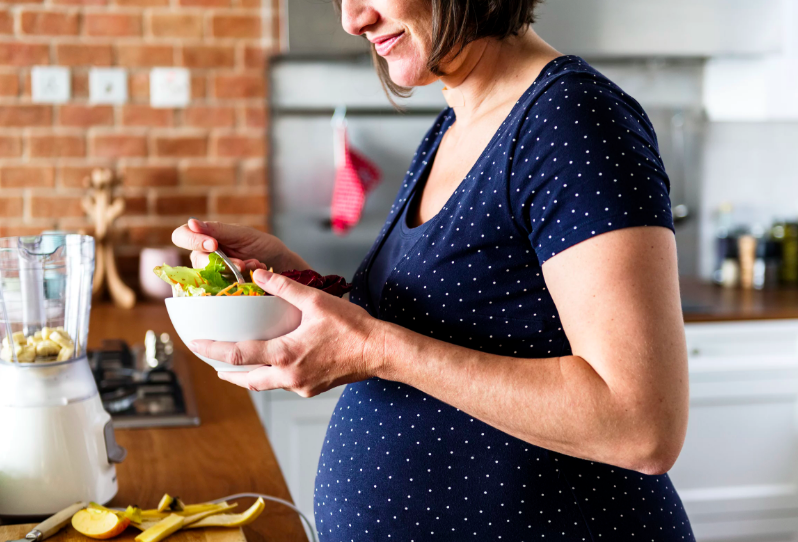A Mom-To-Be’s Guide to Gummy Bears

Don’t stand between a pregnant woman and her cravings. They are very real and can signify a nutritional deficiency that’s worth talking to a doctor about — some women crave chocolate when they are low on magnesium, for example.
But there are ways to have your cake and eat it, too, while sparing yourself unnecessary dental damage.
Here are some rules-of-thumb that can help you bypass the donut shop drive-through.
Snack Less
Sweet cravings are common during pregnancy — and they can be persistent, especially during the first and second trimesters. Just keep in mind that the more frequently you snack on sweet and sticky foods, the greater the chance of developing tooth decay.
Fewer snacks means food spends less time on teeth and less chance of decay-causing germs setting up. Rather than grazing all day, plan a few snack breaks and rinse your mouth with fluoridated water immediately afterwards.
Snack Right
“The food you eat is your baby’s main source of nutrition,” according to the Mayo Clinic, whose doctors say to feed yourself as if you’re feeding the baby you’re carrying.
With this in mind, consider curbing your cravings with nutrient-rich snacks that have more “staying power,” so you don’t feel hungry as often. Try:
- Chips and guacamole
- Nuts
- Apple and cheese
- Egg on an English muffin
- Greek yogurt with fresh fruit
- Beef or turkey jerky
“What About My Cheesecake?”
WedMd.com says the essential minerals in dairy products make them good choices for between-meal snacks. They are good for baby’s developing teeth, bones and gums.
Wait. Cheese is a dairy product. Does that make cheesecake a healthy go-to? Probably not every day. A lot depends on how much and how often.
Talk to your doctor about your cravings. He or she can sort out how much is too much and recommend replacements that satisfy your cravings, your baby’s nutritional needs and your dental health.


